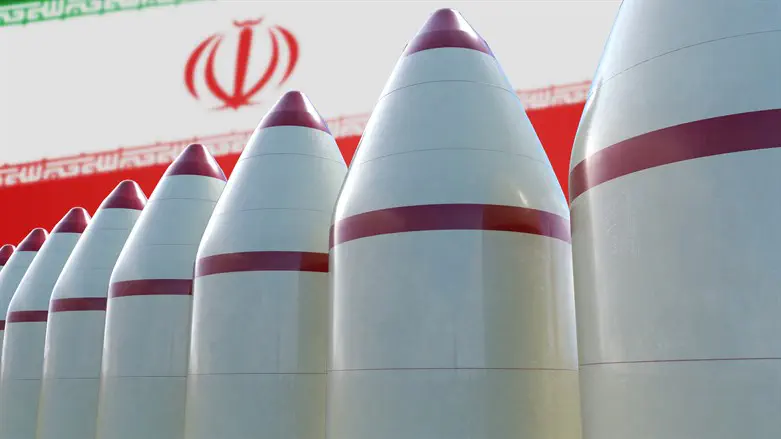
Iran on Monday responded to US President Donald Trump’s announcement, made during a meeting with Prime Minister Benjamin Netanyahu at the White House, that the US and Iran would hold direct talks on the Islamic Republic’s nuclear program.
The Islamic Republic said the comments are "a planned psychological move designed to influence local and global public opinion", according to the Reuters news agency.
Meanwhile, three Iranian officials with knowledge of plans for talks with the United States told The New York Times that Iran’s understanding of the talks was somewhat different from what President Trump described to reporters in the Oval Office.
According to the Iranian officials, representatives from Tehran and Washington plan to meet in Oman on Saturday for indirect talks, where representatives from each country would sit in separate rooms and Omani diplomats would carry messages back and forth.
The Iranian officials told The New York Times that Iran would be open to direct talks with the United States if the indirect negotiations went well.
Speaking earlier alongside Netanyahu, Trump revealed, "We are having direct talks with Iran. On Saturday we will have a very big meeting and we will see what can happen. I think everybody agrees that a deal would be preferable to doing the obvious, and the obvious is not something that I want to be involved with, or frankly that anyone here wants to be involved with."
He noted that the situation is "getting to be very dangerous territory. Hopefully, those talks will be successful, and I think it would be in Iran's best interests if they are."
Asked by a reporter if he was ready to take military action in Iran, Trump replied, “I think if the talks are not successful with Iran, Iran is going to be in great danger. If the talks are not successful, I actually think that will be a very bad day for Iran,” Trump said.
Iran recently rejected President Donald Trump’s offer for direct talks, which was outlined in a letter sent by Trump to Supreme Leader Ayatollah Ali Khamenei.
Trump then warned that “bad things” would happen to Iran if it does not agree to a deal on its nuclear program.
Later, the President warned Iran that "if they don't make a deal, there will be bombing — and it will be bombing the likes of which they have never seen before."
In turn, Khamenei stated that if the US follows through on its threats, it will receive a "strong blow."
Three days later, Trump told reporters aboard Air Force One that he believes Iran wants to hold direct talks with the US about the Iranian nuclear program.
“It’s better if we have direct talks. I think it goes faster and you understand the other side a lot better than if you go through intermediators,” said Trump.
“They wanted to use intermediators. I don't think that's necessarily true anymore. I think they're concerned. I think they feel vulnerable and I don't want them to feel that way,” he added.


